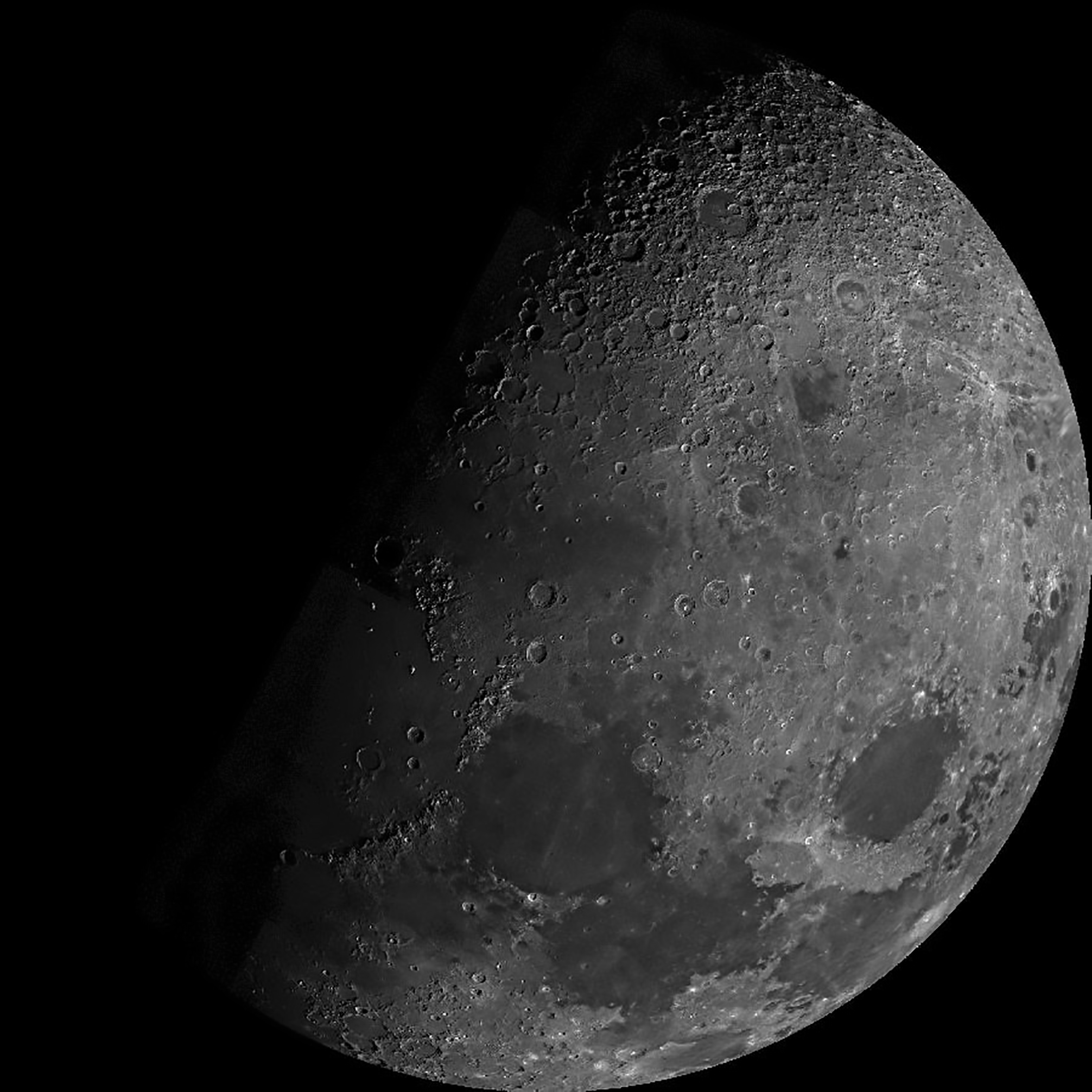We are the only ABA accredited law school to offer seven different classes focused on space law — all taught by expert academics and practitioners. These include:
- International Space Law
- US Space Law
- Space Security Law
- Comparative National Space Law
- International Telecommunications Law
- Remote Sensing Law
- Aerospace Business and Law
We also offer a class in Cybersecurity Law which compliments the space law curriculum.
The development of a cohesive, coherent and accepted body of laws governing human activities in outer space, is the biggest challenge facing the international political and legal community today. While we must applaud, and thank, the individuals who had the foresight and wherewithal to negotiate and ratify 1967’s Treaty on Principles Governing the Activities of States in the Exploration and Use of Outer Space, including the Moon and Other Celestial Bodies, we must also recognize that the Agreement, sufficient to keep an at times strained peace in our heavens, is ill-suited to address the challenges of today’s “new space” technologies and actors.
The reality is that current space law is directed at national actors and activities, even as it becomes increasingly clear that private actors may soon dominate space exploration and utilization efforts.
The Center is focused on developing appropriate international agreements and guidelines that will promote – rather than stifle – an emerging space economy and ease humanity’s transition from a solely terrestrial, to a spacefaring species. We are engaged in the exploration of the history of human migrations to better understand the evolution of the laws and moralities that create successful and sustainable civilizations. In so doing, we encourage the construct of a progressive framework that will assure the reaches of space remain free for exploration and while also providing the stability needed to encourage continued investment in private and public space activities.

